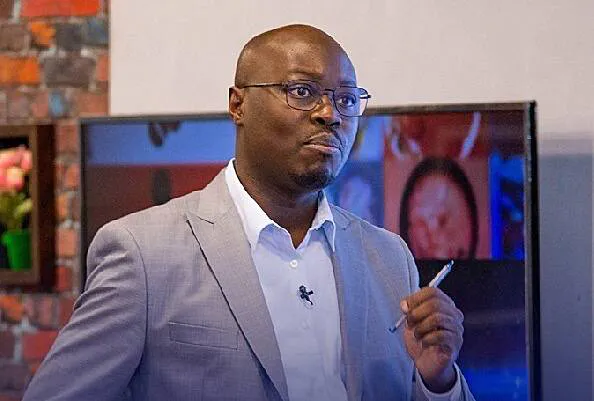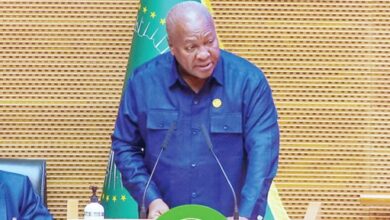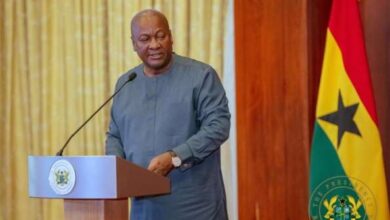Finance Minister-Designate Promises to Bring Inflation to Single Digits
Dr. Ato Forson Outlines Plans to Reduce Inflation and Cut Government Spending

- Dr Ato Forson has pledged to reduce Ghana's inflation to single digits by implementing strong fiscal measures
- His goal is to bring inflation down to a target range of 8%
- Dr. Forson mentioned that Ghana would collaborate with development partners
Dr. Cassiel Ato Forson, President Mahama’s nominee for Finance Minister, Dr Ato Forson , with a focus on controlling government expenditure.
During his vetting on January 13, Dr. Forson shared his vision for stabilizing the economy, which includes cutting unnecessary spending and reducing the country’s dependence on borrowing.
His goal is to bring inflation down to a target range of 8%, with a margin of plus or minus two percentage points.
“I believe that by introducing strong measures, especially on the expenditure side, we can achieve inflation around 8%. This will also allow us to reopen the domestic bond market and move away from our over-reliance on the treasury bill market,” Dr. Forson explained.
The Finance Minister-designate emphasized the importance of restoring confidence in the economy through fiscal discipline. He stated that when financing is scarce, the government must focus on internal resources, advocating for a reduction in spending.
“If we do not have financing, we need to look within. We must reduce expenditure and not pretend that money is available. Just as others have done, we can also take similar steps here,” he added.
In his approach, Dr. Forson highlighted the need to cut wasteful government spending. “It’s time to move beyond borrowing. We must focus on cutting wasteful expenditure, and I am committed to leading this process. I will work with the honorable members to ensure we live within our means,” he said.
To address the nation’s fiscal challenges, Dr. Forson mentioned that Ghana would collaborate with development partners, including the African Development Bank, World Bank, European Union, and other bilateral agencies, as well as the International Monetary Fund (IMF), if necessary, to access more affordable financing sources.
“We will work with our development partners to find cheaper sources of financing, especially for projects that can drive proper and inclusive growth,” Forson concluded.





